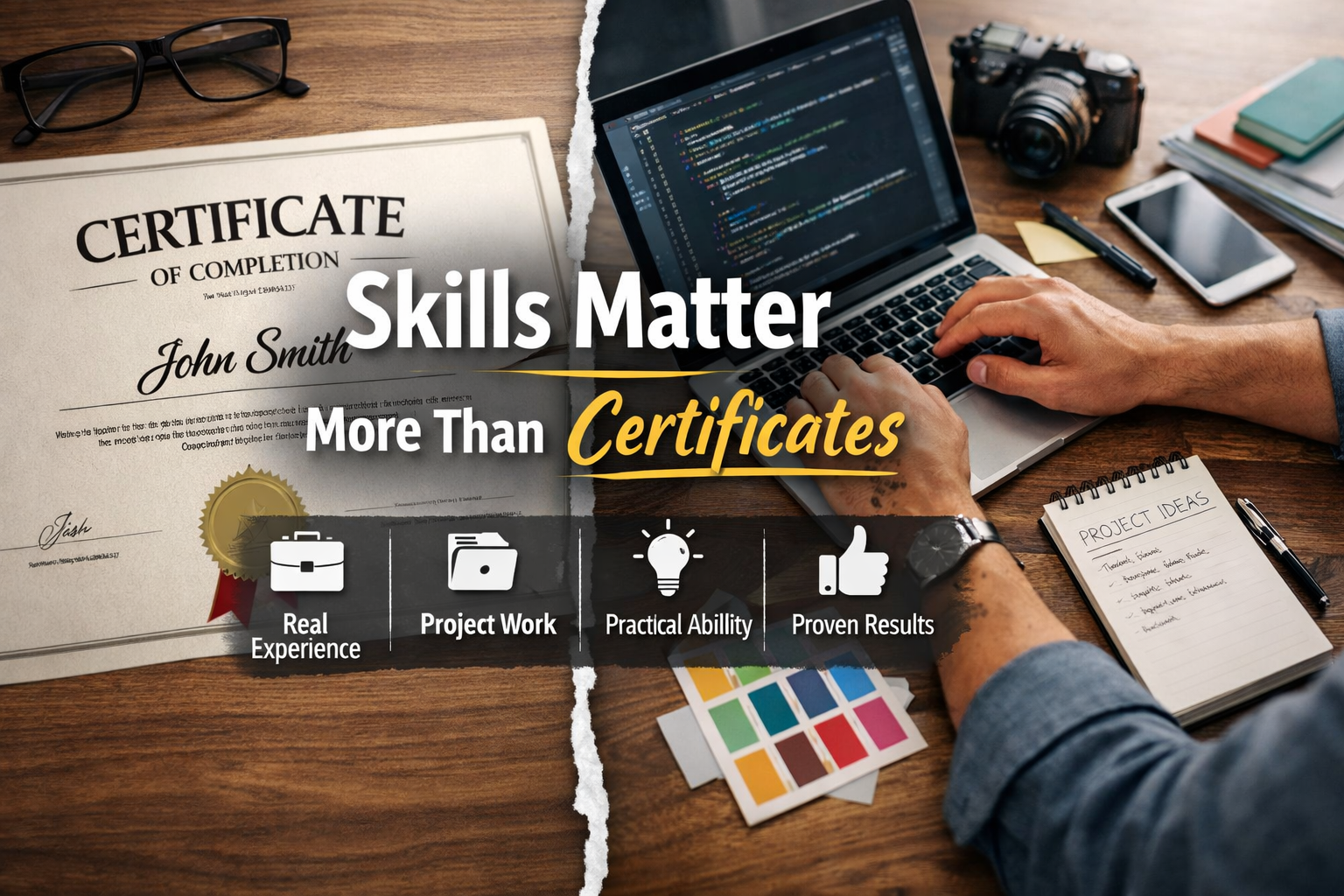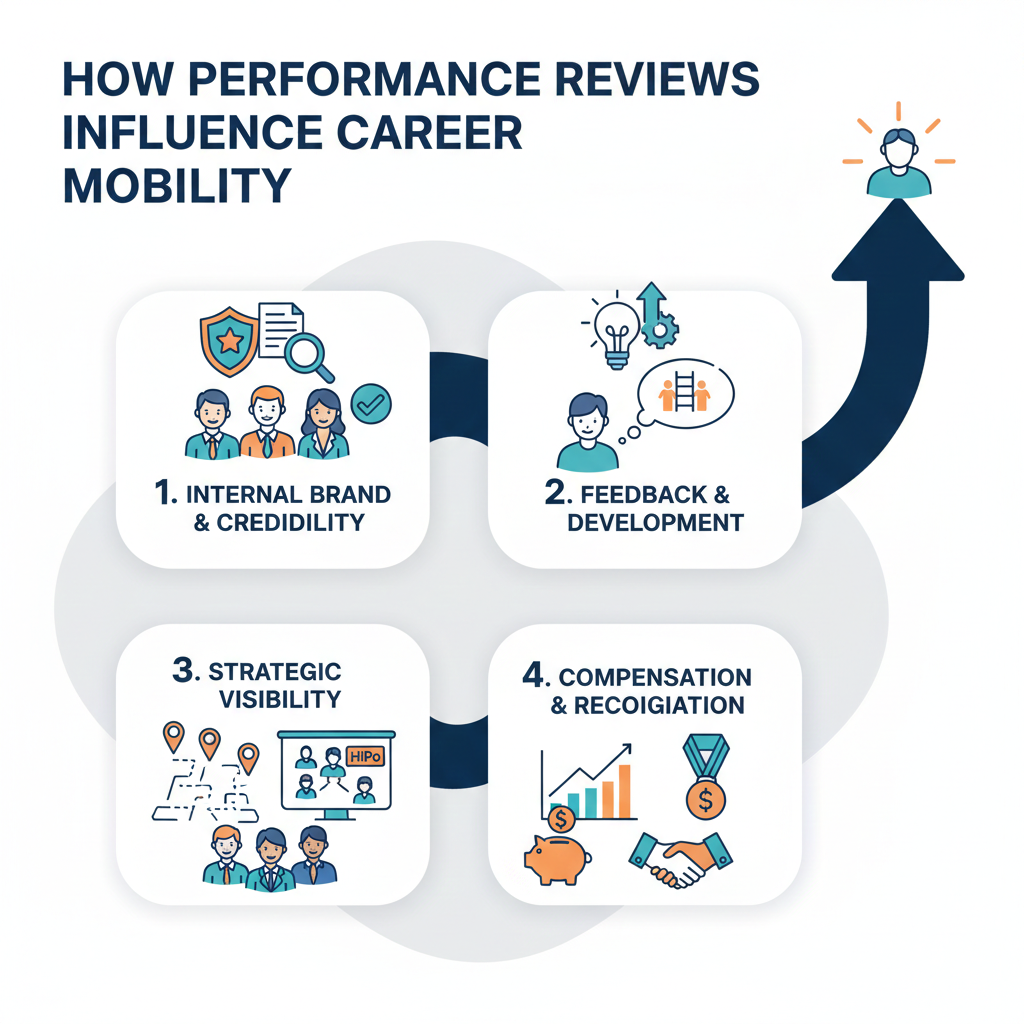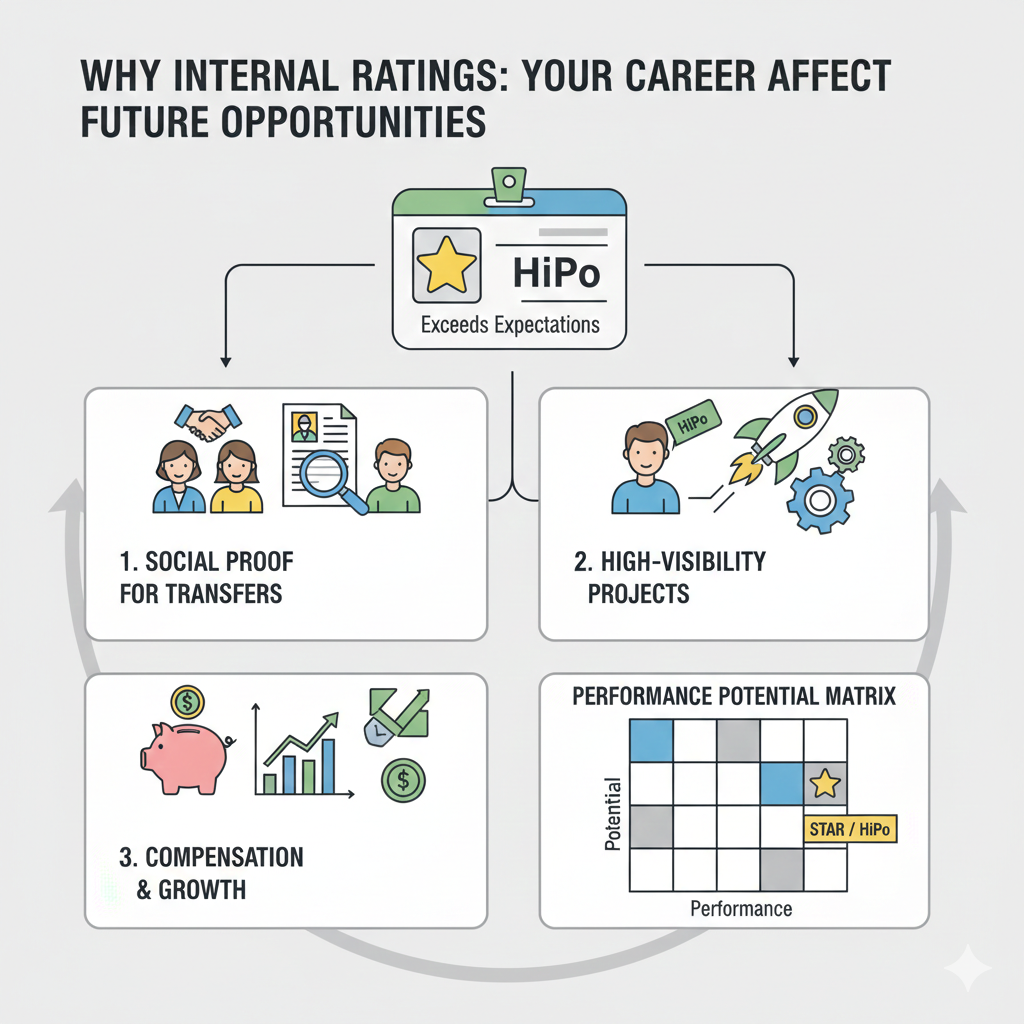Introduction
In today’s time, remote jobs are growing very fast, and it has now become a normal culture. After the pandemic, companies have realized that productivity can be maintained without a physical office. Now companies can see the benefits of remote jobs and promote them. Remote jobs provide benefits to both employees and the company, which is why both are happy with remote roles. That’s why every industry, whether it is content writing, designing, customer support, or IT, is providing remote opportunities.
But the important thing about a remote job is, it not only provides the option of work-from-home. Everyone has some skills and interests with which they can get a matching remote job. They just need proper guidance on how they can get a remote job according to their skills easily.
This article is a guide for you to build a successful remote job career. You just need to read it properly and apply each point successfully.
Read the summary here.
What Remote Jobs are ?
Remote jobs are basically those jobs in which you don’t have to go to the office daily. You can work from home or anywhere where the internet is available. In remote jobs, employees and employers connect using online tools such as Zoom Meetings, Slack Chat, Google Meet, Email, or Project Management Apps. It makes the flow of work smooth without physically being present in the office. Remote jobs offer flexible options in which you can work according to your convenience. These jobs are very popular in today’s digital era because they save time, remove the problem of commuting, and make it easier to achieve a work-life balance.
Types of Remote Jobs
Full-time Remote Jobs
Full-time remote jobs are those positions in which you are a permanent or full-time employee in a company, but do not need to visit the company physically. You can work from your home or anywhere where the internet connection is good. In this, you get fixed working hours, a monthly salary, and benefits like health insurance and sometimes performance bonuses. Full-time remote jobs are common in fields like IT, marketing, content writing, design, and customer support. These jobs are ideal for those who want a stable income but avoid commuting and office politics.
Freelance and Gig-Based Roles
Freelancing or gig-based roles are best for those who prefer flexibility and independence. In this, you work on different projects for multiple clients. You choose projects according to your skills and set your timing according to you. Freelance jobs are available in fields such as writing, graphic design, web development, video editing, digital marketing, and social media management. These rules are perfect for students and professionals looking for side income or for a skill-based worker. The benefit of freelancing is that you can decide the rate according to you and gain experience by building your portfolio.
Hybrid Job
A hybrid job is a combination of remote and on-site work. It means some days you have to visit the office physically for meetings, team discussions, and brainstorming, and the rest of the days you can work from home. This model is also beneficial for companies because it maintains team collaboration, and employees can also get flexibility. Hybrid jobs are ideal for those who want the benefits of an office environment, like networking and face-to-face guidance, but want to avoid commuting and rigid office hours.
Remote Internship for a Student
Remote internships are especially suitable for students and freshers who want to start their careers. In this, the student can work from home and gain practical experience. This internship is for content writing, marketing, design, programming, social media management, and research projects. Remote internships give students a chance to build a strong portfolio, gain real-world experience, and become ready for future opportunities. Also, these internships are flexible, so students can also focus on their studies.
Finding remote jobs that fit your skills
Step 1: Identify Your Skills
The first step is identifying your skills clearly. For remote jobs, only applying is not enough; first, you have to understand what skills you have that are valuable in the market.
- Hard Skill
Hard skills are those that you have learnt through education or practice for example,
- Coding or programming – web development, app development, and data science.
- Writing- content writing, copywriting, blogging.
- Designing- graphic design, UI / UX design, video editing.
- Marketing- SEO, social media marketing, email campaign.
These skills qualify you for a specific job role.
- Soft Skills
Soft skills are also equally important for remote jobs because in remote jobs you have to work mostly independently. Some important soft skills are,
- Communication- ability to speak and write clearly and concisely
- Teamwork- virtual collaboration, VR, Zoom, Slack team.
- Adaptability- have the ability to adopt new tools and workflows quickly.
- Self-discipline – stay productive without supervision as well.
How to make a skills inventory list?
There is a simple method of listing your skills,
- Open your notebook or Google doc
- Create two sections, one for hard skills and another for soft skills.
- Write your top 5 to 7 skills in every section.
- In front of every skill, write the expected job role.
For example: if you know content writing and you have strong time management and communication skills, then the perfect role would be a content writer or copywriter for you.
Step 2: Match Skills with Remote-Friendly Roles
Now that you have identified your skills, the next step is matching them with remote-friendly job roles. Every skill has its specific set of remote jobs in which you can perform naturally and grow. Writing and communication skills
If you know writing and have strong communication skills, then the best roles for you would be content writer, copy writer, and customer support executive.
- Tech Skills
For the candidates who are from a technical background, there are various remote job opportunities available for them, such as web development /software development, data analysis/ data science, and cyber security specialist.
- Creative Skills
If you are an artist or a creative then these roles are perfect for you,
Graphic design, video editing, and social media manager.
- Administrative /organizational Skills
If you know organizing, planning, and managing, then a virtual assistant and project coordinator will be best for you.
For every role, you should know specific tools and platforms. For content writing, you should be aware of Google Docs, SEO tools, and for project management, you must know Asana and Trello.
With this step, you will get a clear idea of which remote jobs will best fit with your skills, and you can target your search and applications efficiently.
Step 3: Use Job Platforms Smartly for Remote Jobs
Now that you have identified your skills and matched them with the right roles, the next step is smart use of job platforms. You will not get results by applying randomly, that’s why using filters on targeted search is important.
- Job Boards
These platforms are best for searching for Remote jobs,
To know about these job boards in detail, read this – “Job Boards”
- Freelancing Platform
If you want to work on a project-based or short-term work then these sites are best for you,
- Company Career Pages
Check companies’ career pages directly because many companies post remote roles that are not on the job board.
- Smart Search and Filter
Use filters on job boards and freelancing sites such as location, experience level, and skill.
Set a job alert so that you get an email or a notification when a new opening is posted. By this, you can become first movers and stay one step ahead of the competition.
With the help of this step, you will be able to find the right remote opportunities and you will not waste your time and effort.
Step 4: Build Your Personal Brand & Portfolio
In a remote job, portfolio is also very important, other than a resume, because recruiters cannot see you physically, which is why showcasing proof of your skills is important. A portfolio highlights your experiences directly and tells the recruiter that you are ready for the job.
- Portfolio Ideas
You can create a portfolio on different platforms according to your skills. Some platforms on which you can create portfolio are,
- Blog or medium- to show content writing and SEO skills.
- GitHub – to showcase coding and software development projects.
- Behance or Dribbble- for graphic design and creative work.
- Social media presence- to show digital marketing and content promotion skills.
- To Showcase Transferable Skills
If you do not have direct experience in any job still you can still highlight your transferable such as,
- Teamwork and collaboration – how you have contributed in previous projects and internships.
- Communication -writing samples, emails, and presentations.
- Time management -how you manage to meet deadlines and how efficiently you work.
You should keep your portfolio simple and professional. Links should be shareable and relevant work should be easily accessible.
Step 5: Tailor Resume & Applications
At the time of applying for a remote job, customizing your resume and application is very important. Every recruiter wants the candidate to not only show skills but also show remote-friendly abilities. Below are some tips you should keep in mind while customising your resume,
- Highlight Remote-Friendly Skills
You should know tools and digital communication in remote work. Include these in your resume,
- Zoom / Microsoft Teams- for virtual meetings and presentations.
- Slack/ Microsoft Teams chat – team communication.
- Asana/ Trello/Notion – for task and project management.
- Google works /Office 365 – for collaborative work and documents.
- Use a Skill-Based Keyword
Recruiter and ATS applicant tracking systems depend on keywords. Include keywords in your resume cover letter that are mentioned in the job description.
- Customize Each Application
Do not send the same generic resume for every job. Highlight relevant skills and experience for every role. In the cover letter, mention how you are a good fit for the company or for a specific role. Attach your portfolio or sample projects related to the job role.
Highlighting self-discipline, communication, and problem-solving in remote jobs is important because these soft skills provide you with an edge.
Your chances of getting hired improve significantly with this step.
Benefits of Remote Job
Flexibility in Schedule –
The biggest advantage of remote work is that you can decide the timing of your work. If you are an early riser, then you can finish your work in the early morning, and if you are a night owl, then you can work at night. With this flexibility, you can work according to your energy levels and productivity. Plus, personal errands and emergencies also become easy to handle without formally taking leave.
No Commute –
There is no office commute, which means you can save time and money on fuel. Besides these, the stress of traffic and daily travel also decreases. You can invest this extra time in your productive work or in your personal life. Plus, your health also gets better because you don’t have to go through pollution and travel fatigue.
Better Work-Life Balance –
Increased Productivity – Fewer office distractions for some people.
There are unnecessary meetings, gossip, or interruptions in the office environment. In remote work you set your workspace according to your comfort zone to increase focus. Less destruction means more efficient work. This is especially for those people who want to stay self-motivated and disciplined.
Cost Savings –
Expenses are reduced in remote work because there is no cost of transportation, parking, lunch, coffee, or formal office wear. These savings become a good amount at the end of the month. You can also manage your budget better by staying at home.
Location Independence –
Remote work gives you the freedom to work from the location of your choice — whether it’s your home, a café, or a scenic hill station. This is especially beneficial for people who love to travel or don’t want to be bound to a specific city. It brings variety to your lifestyle and keeps your motivation high.
Conclusion
In today’s time, finding a remote job is not difficult, but to find remote jobs that fit your skills, you have to use a smart approach. Only applying blindly to a job board will not provide you with long-term success. If you understand your hard skills and soft skills clearly, then you can make a clear career path easily.
You just have to remember a simple thing, and that a remote job doesn’t mean just working from home; instead, it is the best chance to showcase your skills in front of everyone.
So make a list of your skills, identify your role, and apply confidently.







Leave a Reply